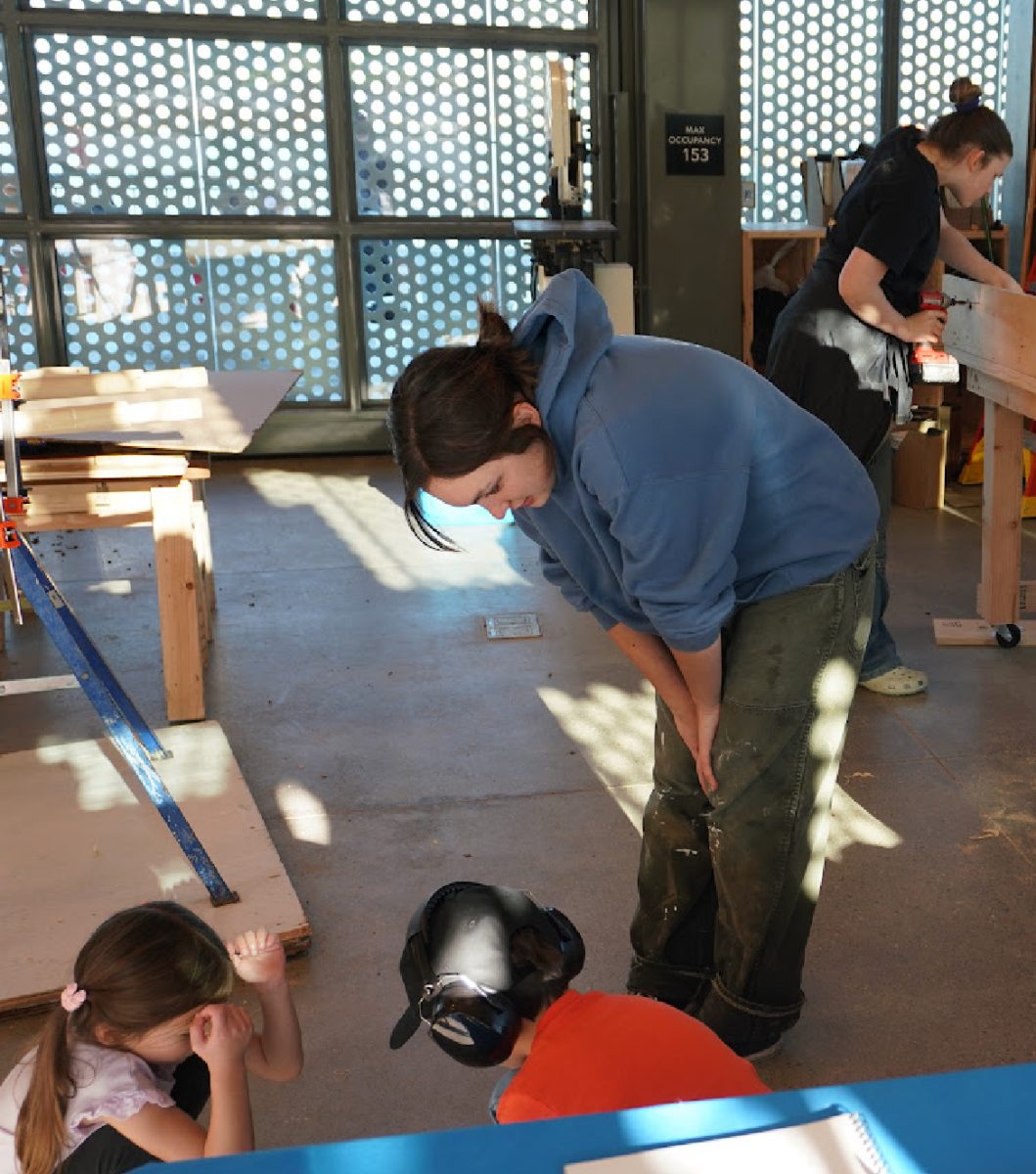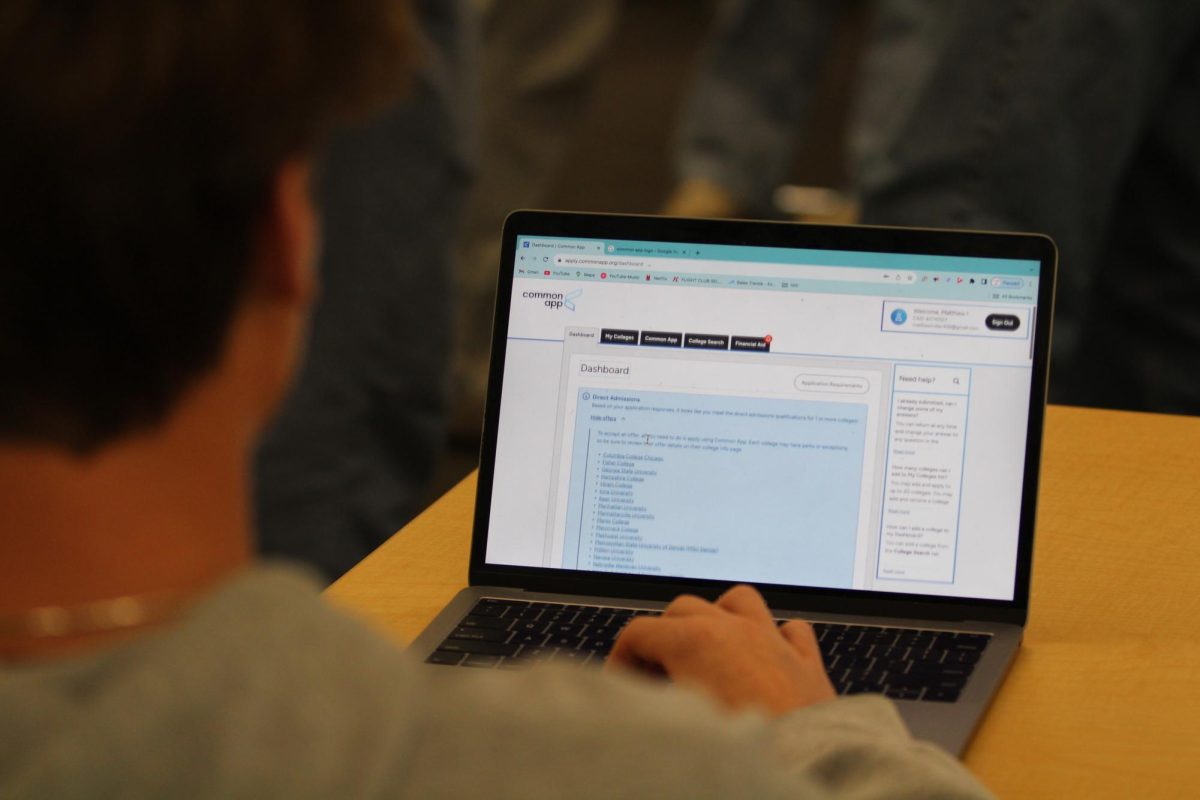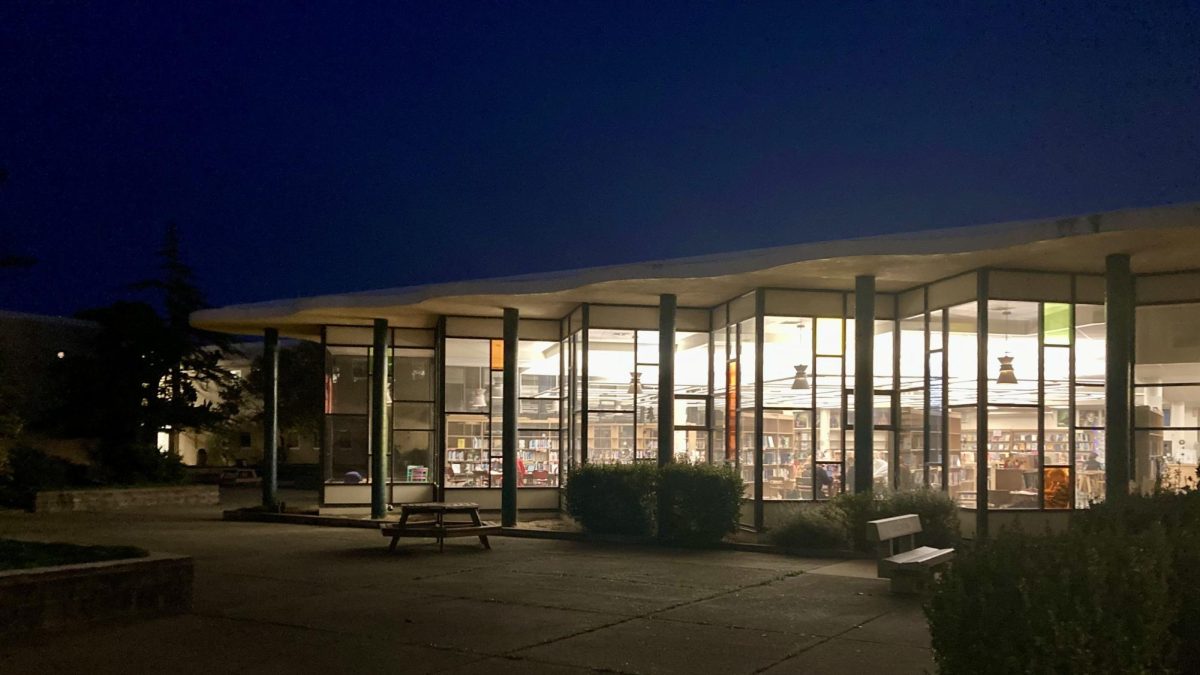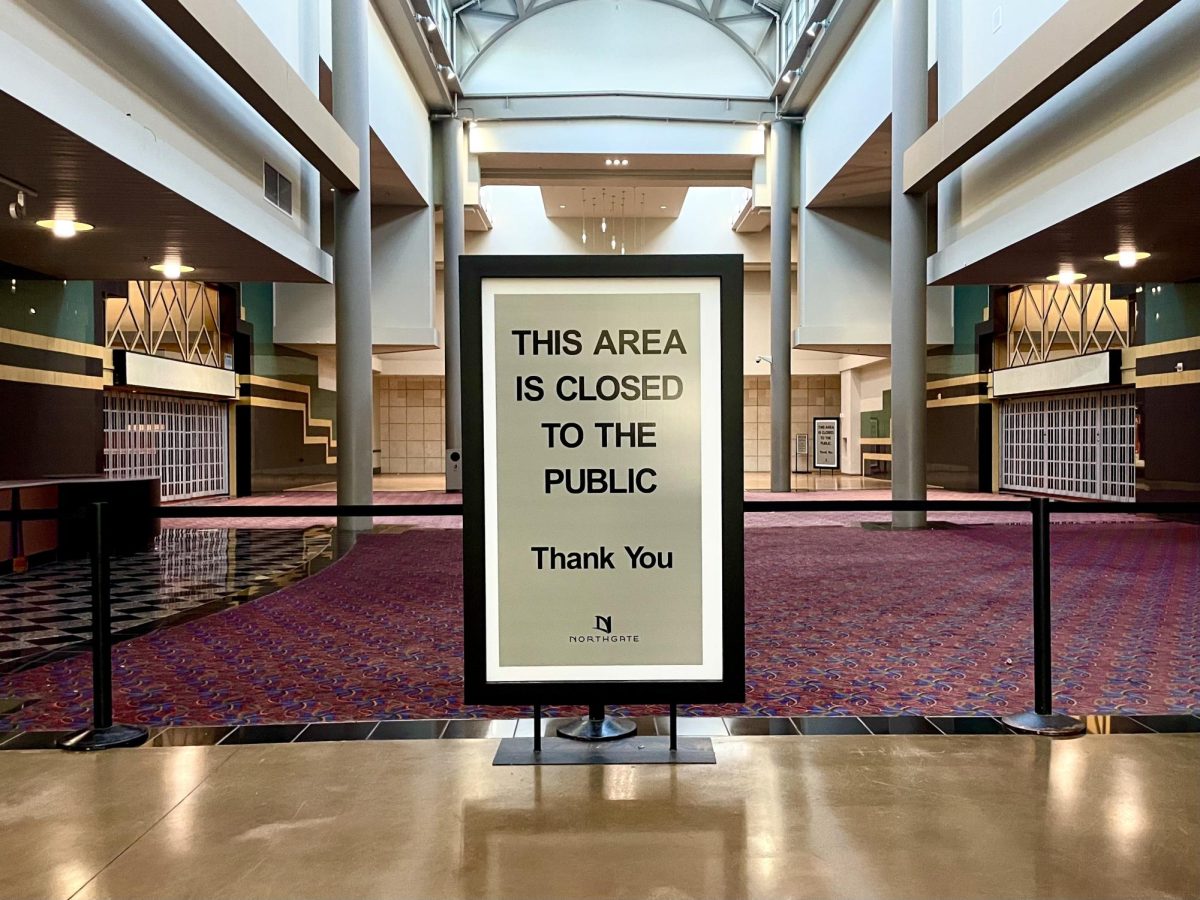Last week, the Debate Team placed second in the Golden Gate Speech Association League, beating out 34 other high school debate teams that comprise the league.
The team, which participates in a type of team debate with cross-examination known as public forum debate, won as a result of its overall 2013 school year record.
“I think that we’re a very strong team because of our research and development of the cases,” said senior and co-captain Joey Poen.
According to Poen, three weeks prior to a tournament the team is given its topic. Members then research all possible arguments for the topic and attack them individually during their meetings. The arguments that remain are considered the best, and are then further formulated.
“That strategy is really helpful because the entire team adds to the discussion to make sure that the topic is covered and there is nothing left out,” Poen said.
Poen said that the team not only meets weekly during lunch, but it also has practice for two to four hours every weekend and members are expected to do research on their own.
According to debate coach Steve Hlebasko, the team is comprised of about 20 to 25 students. Of those, around 10 to 15 compete in tournaments throughout the year, while the remaining students go to meetings but do not compete.
“This year was probably our best year for having a mix of very competitive new kids and very competitive juniors and seniors,” Hlebasko said.
Despite the team’s winning record, Hlebasko said that he does not keep track of the team’s wins and losses.
“Not once, in six years, have I ever spoken about winning—it’s not our focus,” Hlebasko said. “A trophy, an award, a great record, can be a sign that you’re doing it right. I prefer to watch how they handle life, how they grow and how they develop as people, as better signs of speech and debate’s contributions to their development.”
According to Hlebasko, the team spends the majority of its time discussing issues that don’t directly pertain to the given debate topics.
“We spend more than half of our time not talking about the debate topics,” Hlebasko said. “We spend half of the time talking about how what we do matters in real life, ethics, character, community service. We do extraordinarily well, without ever worrying about doing well.”
Hlebasko said that many debate teams come from schools where debate is a class and students spend a great amount of time in school developing arguments, whereas Redwood’s members typically have many commitments outside of school and no class time for research.
“Most of the other teams have multiple classes throughout the day, multiple coaches who are teachers who typically did college debate,” Hlebasko said. “We are forced to get ready during lunchtimes and on weekends so it’s a bigger burden to our kids, but we take pride in that.”
According to Hlebasko, the team is entirely unified in its preparation for tournaments.
“We do an absolute team approach, so all of our arguments, all of our research, all of our writing is shared by everybody,” Hlebasko said. “As a collective, we try to outwork, outthink, and outhustle everyone out there despite the handicaps the team has.”






